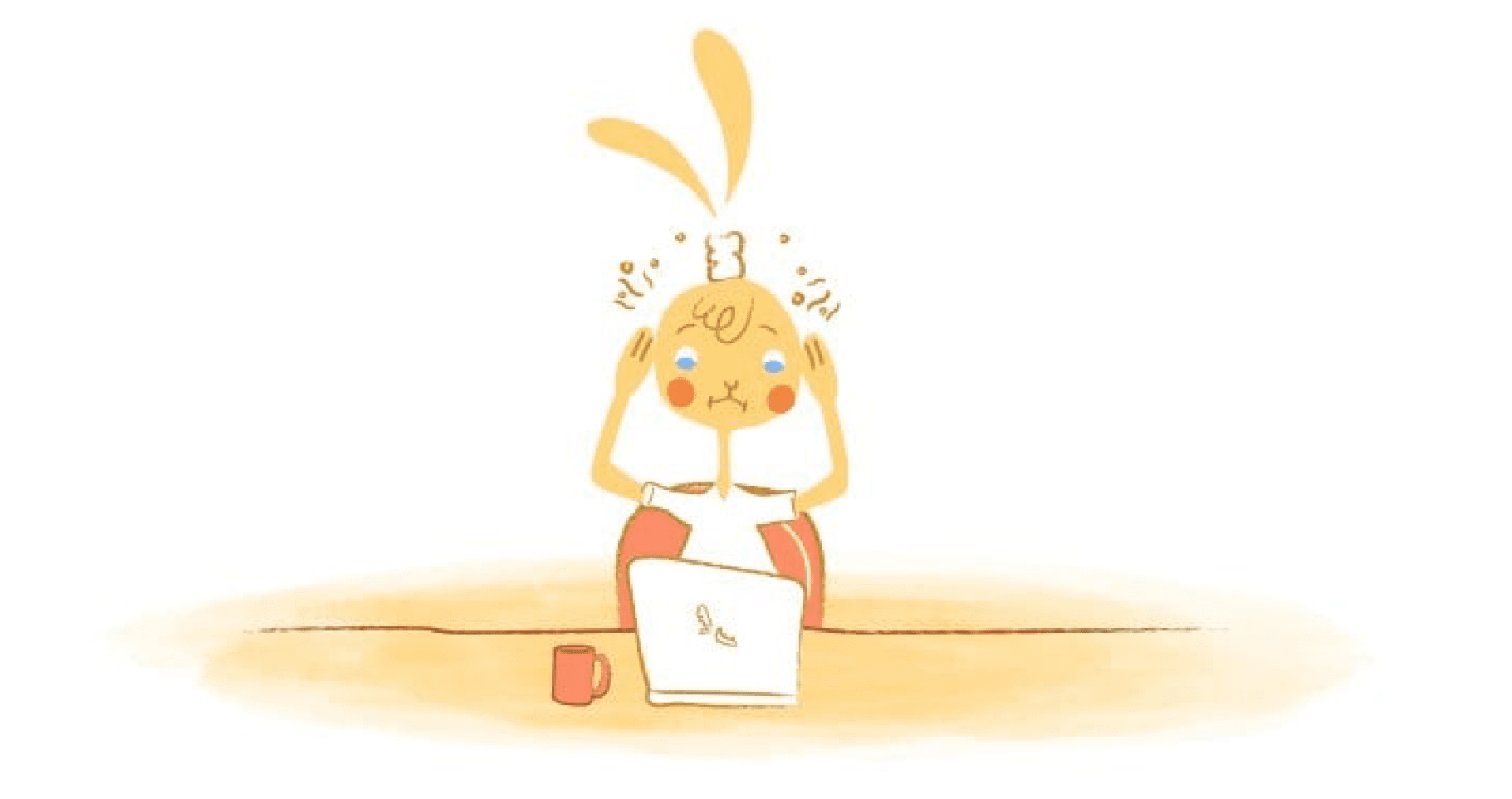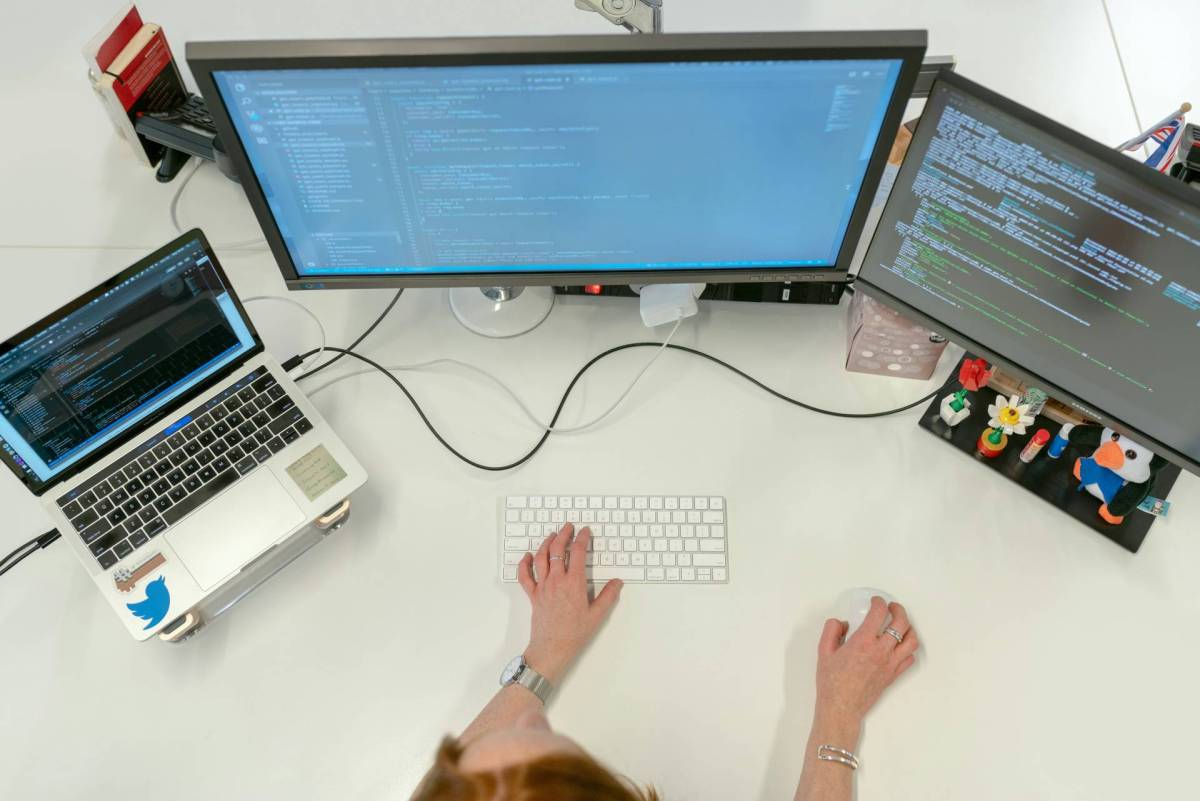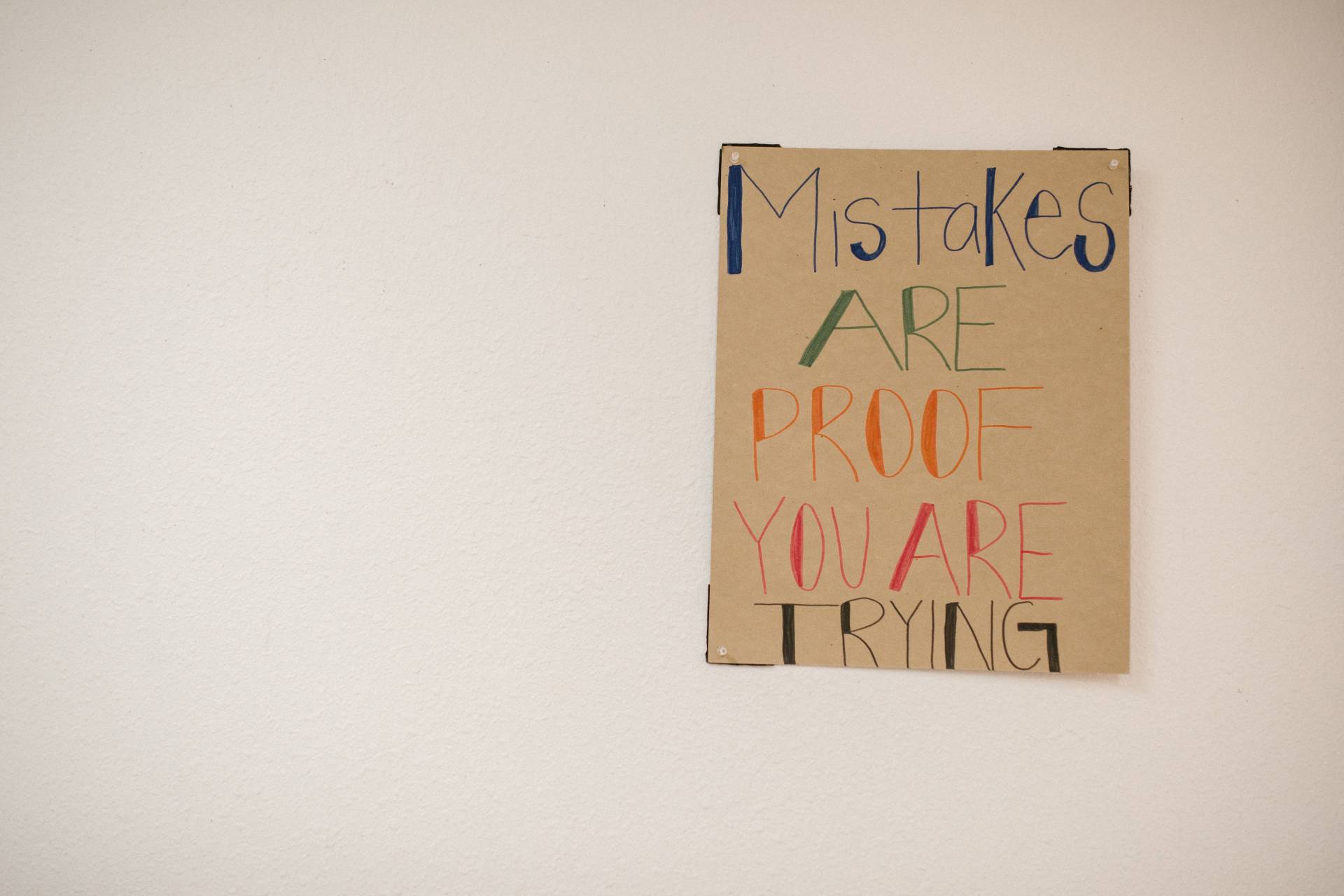

It may seem like a recent phenomenon. But, throughout time, we’ve been fixated on productivity. I mean Benjamin Franklin recorded what is considered to be one of the first-ever to-do-lists back in 1791.
Shortly after that, the Industrial Revolution completely changed everything. There were early forms of automation like the Cotton Gin. And, factory owners attempted to figure out how to make their employees more efficient — hence the birth of the 8-hour workday.
Some even believe that electricity played a factor. Obviously this is true for assembly lines. But, having access to more light during the evening allowed people to do things like reading and writing more easily.
More recently, we’ve become even more obsessed with productivity. In some cases, it may be for nefarious and cost-saving measures, such as targeting toilet breaks. For others, it’s probably because there’s a business opportunity. I mean the global cloud-based productivity market is expected to reach over $37.3 billion by the year 2025.
For me personally, I just want to be more efficient without working additional hours. And, I think that’s ultimately why so many of us are drawn to the endless productivity hacks and tools we come across on a daily basis.
Here’s the thing though — constantly worrying about being productive is futile. In fact, it does the opposite and makes us even less productive.
The problems with productivity.
“Despite our obsession with moving faster and doing more, productivity growth rates have stalled significantly in the last decade,” writes Ben Taylor for Dropbox. “According to the Bureau of Labor Statistics, we’re only getting about 1.4% more productive per year, the lowest growth rate in 30 years,” adds Taylor. And, this is “the second-lowest since the middle of the last century.”
In other words, despite having more productivity tools at our disposal, “we have less and less to show for it.” Take Slack as an example. Besides being a distraction, people are working more hours to make up for the time spent checking their messages. That’s a problem because working more hours negatively affects your physical and mental health.
“Perhaps even more problematic, it turns out a ‘do more, faster’ mindset isn’t actually how people want to work in the first place,” Taylor states. “In a survey of American knowledge workers conducted by Dropbox, 61% say they want to ‘slow down to get things right,’ while only 41%* say they want to ‘go fast to achieve more.’”
Research has also found that our incessant drive for productivity can make us more anxious. That makes sense since we feel pressured to always be “on.” Moreover, working harder and not smarter can diminish the quality of our work, put a strain on our relationships, and eventually cause us to burnout. Oh yeah, we only have so much willpower to stay motivated.
If there’s anything that I would like you to take away from this, it’s that we all need to stop caring about being productive 24/7/365.
How to stop obsessing over productivity.
I think I should clear something up here. I’m certainly not anti-productive. Instead, we need to accept the fact that we’re not going to be productive all of the time. And, we need to stop believing the productivity myths that are counterproductive.
You don’t have to maximize every moment of your day.
There’s a misconception that you must get the most out of every minute of your day. Some people take this so seriously that they literally schedule everything. I’m talking about from the moment the alarm goes off to when they go to bed.
I get the concept here. If you make a plan, then you’ll be productive. Unfortunately, this doesn’t account for the unexpected. And, it’s also not in our human nature.
Despite the 8-hour workday being the norm, it’s been found that we’re only productive for 2 hours and 23 minutes a day. I’m not sure that’s a true stat — but it’s interesting, none-the-less. But, you should focus on getting the most out of those precious few hours when you’re most productive.
For some, that may be like I’m speaking a different language. But, it’s all about quality and not quantity. And, to accomplish that you need to manage your attention.
“Being prolific is not about time management, Adam Grant, a professor at The Wharton School of business and an organizational psychologist, writes in The New York Times. “There are a limited number of hours in the day, and focusing on time management makes us more aware of how many of those hours we waste.”
“A better option is attention management: Prioritize the people and projects that matter, and it won’t matter how long anything takes,” he explains. “Attention management is the art of focusing on getting things done for the right reasons, in the right places and at the right moments.”
Avoid the busyness trap.
Are you a member of the busyness cult? Personally, I think most of us are. But, to know for sure, here’s how you can tell the difference between busy and productive:
- Busy people add more items to their to-do-lists and calendars. Those who are productive, “prioritize their responsibilities and take on less,” explains Choncé Maddox in an article for Calendar. The reason? It allows them to “be more effective and strategic with what gets done.”
- Do you jump at every assignment and opportunity? Then you’re just being busy. The better approach is to be more selective and “choose your activities and projects wisely.”
- Are you a notorious multitasker? If so, you’ve fallen into the busy trap.” Instead of juggling multiple assignments at once, do one thing at a time.
- Distractions are inevitable. However, productive people don’t succumb to them. In fact, they identify these interruptions so that they can thwart them.
- Are you working an excessive amount of hours, but not sure what you accomplished? That’s another key contrast between the two. Let me stress this again, it’s not the number of hours you work. It’s spending most of your time on activities that are helping you progress towards your goals.
Compose a stop-doing-list.
“Everything requires Time,” William J. Reilly wrote in How To Avoid Work. “Time is the only permanent and absolute ruler in the universe. But she is a scrupulously fair ruler.”
“She treats every living person exactly alike every day,” continues Reilly. “No matter how much of the world’s goods you have managed to accumulate, you cannot successfully plead for a single moment more than the pauper receives without ever asking for it. Time is the one great leveler. Everyone has the same amount to spend every day.”
“The next time you feel that you ‘haven’t the time’ to do what you really want to do, it may be worth-while for you to remember that you have as much time as anyone else — twenty-four hours a day,” he adds. “How you spend that twenty-four hours is really up to you.”
Because that’s difficult for most of us — use the following thought experiment from Jim Collins, the author of the cult business classics Good to Great and Great by Choice.
“Suppose you woke up tomorrow and received two phone calls. The first phone call tells you that you have inherited $20 million, no strings attached. The second tells you that you have an incurable and terminal disease, and you have no more than 10 years to live. What would you do differently, and, in particular, what would you stop doing?”
Think about it for a second. Instead of committing to more, why not compose a stop-doing-list? When you do, you’ll only be spending your most valuable asset on what truly matters.
Productivity is what you don’t do.
Collins recommends asking yourself these three questions as “a personal guidance mechanism” when generating this list:
1) What are you deeply passionate about?
2) What are you are genetically encoded for — what activities do you feel just “made to do”?
3) What makes economic sense — what can you make a living at?
“Think of the three circles as a personal guidance mechanism,” Collins explains. “As you navigate the twists and turns of a chaotic world, it acts like a compass. Am I on target? Do I need to adjust left, up, down, right? If you make an inventory of your activities today, what percentage of your time falls outside the three circles?”
“If it is more than 50%, then the stop doing list might be your most important tool,” he adds. “The question is: Will you accept good as good enough, or do you have the courage to sell the mills?”
Schedule breaks strategically.
Who has time to take a break? Well, hopefully, you do now since you’ve trimmed down your to-do-list. But, even you didn’t, it’s just not possible to work without taking a break.
How often should you take a break? Well, the folks with DeskTime found that the most productive people work for 52 minutes. They then take a 17-minute break. I suggest that you track your time though to figure your ideal ratio.
The reason why this is so important is that we need breaks to refresh our attention. It also gives us a chance to clear our minds, blow off some steam, and refuel by eating a healthy snack. As a result, you’ll not only feel reenergized, you’ll also be happier.
Take small steps.
Here’s the problem with zeroing in on the big picture, it can be harmful. Most notably, it can make you feel overwhelmed. It also doesn’t allow for much wiggle room since you’re sticking to the plan. And, you often spend more time planning than doing.
Instead, don’t focus on the big picture. Glance at it occasionally and center on small, actionable steps.
Drop the guilt and enjoy yourself.
Finally, don’t beat yourself if you didn’t have a productive day. Seriously, it’s not the end of the world. In fact, according to Leo Babuta, you should enjoy it.
“Sure, we need to produce sometimes, especially if we have to pay the bills, but an obsession with productivity is unhealthy,” he writes. “When you can’t get yourself to be productive, relax. Let go of the need to be hyper-efficient. Stop feeling guilty about enjoying yourself.”
How? Leo recommends breathing in the fresh air, giving yourself more time to get things done and play like a child. He also suggests taking the occasional day off and hanging out with people who excite it.
I would add that you be more passively productive during your downtime. For example, instead of trying to read a multitude of books, be more realistic. Pick one book to start with or listen to audiobooks.











Deanna Ritchie
Editor-in-Chief at Calendar. Former Editor-in-Chief, ReadWrite, Editor-in-Chief and writer at Startup Grind. Freelance editor at Entrepreneur.com. Deanna loves to help build startups, and guide them to discover the business value of their online content and social media marketing.